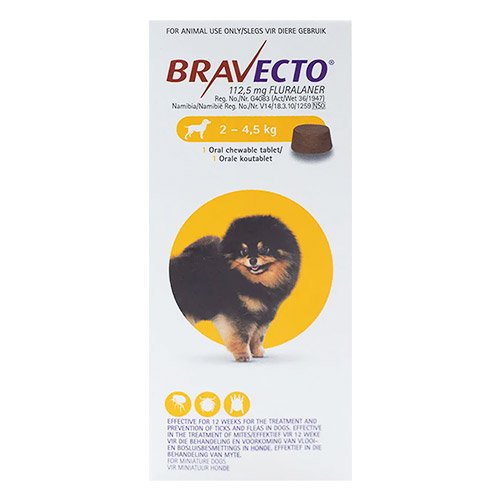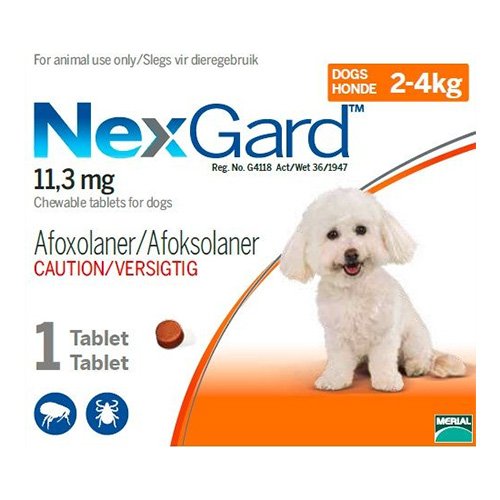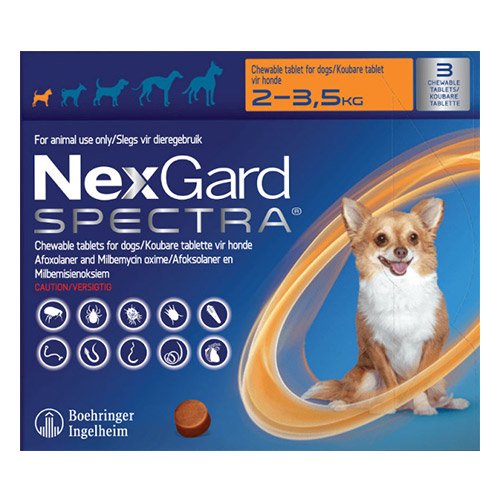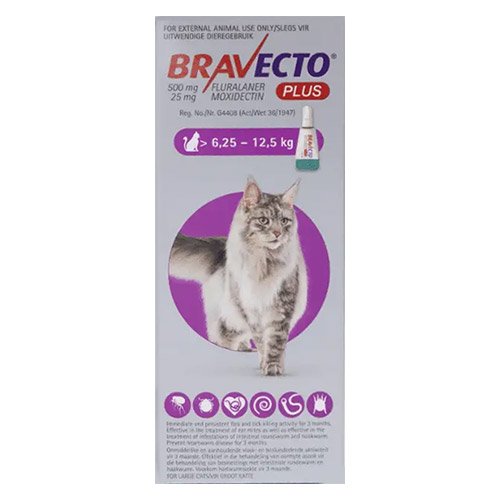-
Popular Brands View All BrandsPopular Brands View All BrandsPopular Brands View All BrandsPopular Brands View All BrandsPopular Brands View All Brands
- Dogs
- Cats
- Brands
- New Arrivals
- Below R150
- Refer & Save More
- New Year Sale

Oct 27, 2018
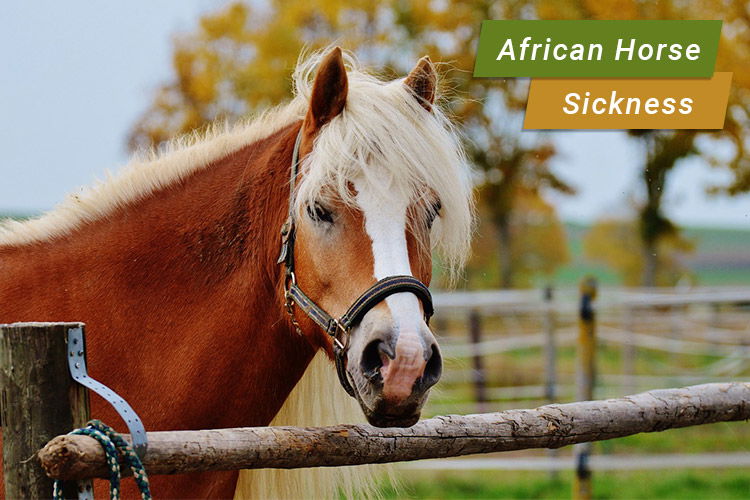
African Horse sickness (AHS) is a viral disease with an extremely high mortality rate. The key to treating AHS is to learn about it, recognise early symptoms and, primarily, prevent the disease as best as possible. AHS is highly infectious but not contagious.
AHS may affect horses, donkeys or mules. The virus is spread by midges (Culicoides midges) so preventing the disease largely depends on controlling these midges. The virus has 9 serotypes which can be found in various places in South Africa. AHS is prevalent in the warm, rainy seasons when the midges are in abundance. Most horses get bitten by midges at sunrise or sunset, when midges are most active.
What are the Symptoms?
AHS manifests in 3 different forms, lung form (dunkop), heart form (dikkop) and mixed form. The mixed form is a combination of the lung and heart form.
Lung form (dunkop) symptoms are:
Heart form (dikkop) symptoms are:
Diagnosis
Your veterinarian will be able to confirm the disease by taking a blood sample during the fever episodes of the disease. The virus will be isolated in a laboratory from this blood sample. AHS is a controlled disease which means if you suspect your horse has AHS you must notify your veterinarian immediately, who will then notify the state veterinarian.
How can I prevent the disease?
Vaccinations usually happen twice a year by your veterinarian. They should be done before any outbreaks of AHS. It is important you consult with your veterinarian before vaccinating.
Stables should be safely fumigated to get rid of any midges. Please ensure food and water is not contaminated during this process.
Shade cloth also helps to keep midges out of the stables.
The perfect breeding area for midges is moist environments, especially rich, organic soil. Wet and humid environments are best for them. Horse dung must be removed regularly as this will attract midges and is a great place for them to breed.
This should be done when the midges are most active: late afternoon, overnight, until about mid morning.
Fans provide ventilation in stables which reduces the horse odour, which midges may be attracted too.
Treatment
Treatment is purely supportive. Given the high mortality rate, preventive care is crucial in trying to control this disease.
Dec 04, 2025
Christmas, the most awaited and joyous time of the year, has almost arrived! The flowers are in full bloom, and the Christmas carols have a...
Nov 25, 2025
Fleas and ticks are a serious threat to your dog’s health, as they can cause significant discomfort and transmit diseases. Contrary t...



© 2026 BudgetPetSupplies.co.za (MSV Pet Care (Pty) Ltd.) - All Rights Reserved.


